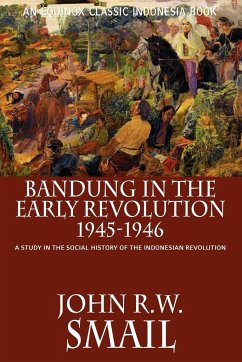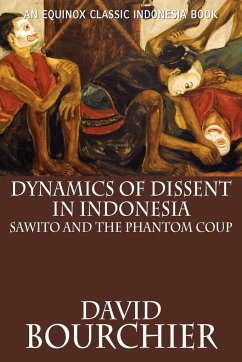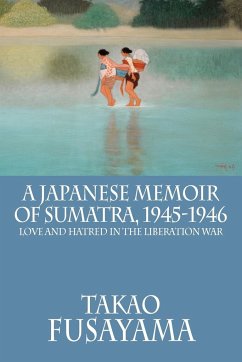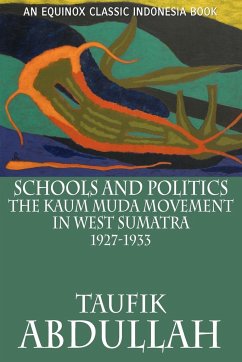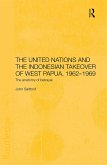Studies of contemporary Indonesian history thus far have been largely confined to developments at the national level, and the selection and interpretation of events has been for the most part pitched to their national and international relevance. This has been particularly true of most studies dealing with the Indonesian revolution. The lack of concentrated studies in depth for this period has denied us access to strata of historical development and aspects of the revolutionary process, which the more broadly focused studies cannot easily cover. It is by his concentration on the local events in one particular area during this period that Dr. Smail has been able to give a deeper understanding and added perspective to the history of the revolution. His is the first study of local history during the Indonesian revolution and one of the very few for any part of Indonesia in the modern period. He gives us a detailed narrative and analysis of events in and around the city of Bandung in West Java between August 1945 and March 1946. The story which he tells is an absorbing one in its own right and he brings out many aspects of Indonesia's revolutionary history which have hitherto been ignored or passed over lightly. These include the development of both regular and irregular military organizations as manifestations of a militant youth movement, the group interests lying behind the fundamental conflict between policies of negotiation and of militant struggle, the relation of the general anarchical conditions which prevailed during these early months to major political and social changes in both urban and rural areas. After preliminary training at Cornell, Dr. Smail spent two and a half years in Holland and Indonesia doing field work, and received his doctorate from Cornell in 1964. Since 1962 he has been at the University of Wisconsin, teaching Southeast Asian history in the Program in Comparative Tropical History there. - George McT. Kahin, June 29, 1964
Hinweis: Dieser Artikel kann nur an eine deutsche Lieferadresse ausgeliefert werden.
Hinweis: Dieser Artikel kann nur an eine deutsche Lieferadresse ausgeliefert werden.

